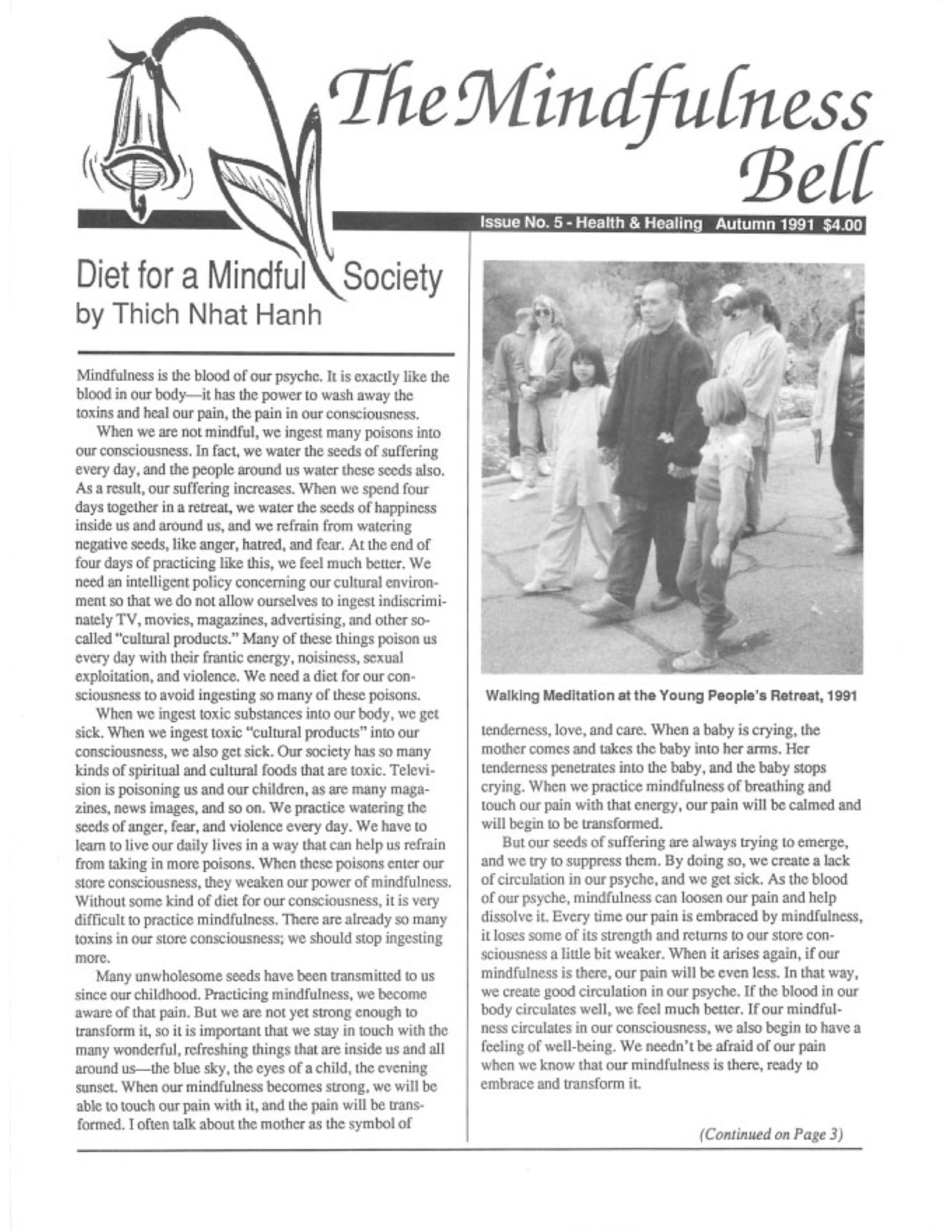When I was growing up, my father had many things to teach me about things like honesty, loyalty, generosity, and thoroughness. Now, at age 79, he lives with Alzheimer’s disease in a nearby nursing home and helps me with new lessons I struggle to learn today. My father recognizes little of the past and makes no plans for the future. Spending time with him only works to the extent that I am able to participate in the present moment. Relieved of the necessity and possibility of much conversation,
When I was growing up, my father had many things to teach me about things like honesty, loyalty, generosity, and thoroughness. Now, at age 79, he lives with Alzheimer’s disease in a nearby nursing home and helps me with new lessons I struggle to learn today. My father recognizes little of the past and makes no plans for the future. Spending time with him only works to the extent that I am able to participate in the present moment. Relieved of the necessity and possibility of much conversation, I hold his hand, massage his neck, walk with him, and play with Shoshanna, my nearly four-year-old daughter. My father enjoys just watching, not needing to play himself.
With my father, I am no longer the person I have been in the past. "Who is Richard Brady?" my father asks. Sometimes I'm still his son, but often I'm simply the person he's with. Without expectations, he lets me be whoever that person is. I have a much harder time accepting him as he is. When my father is smiling and responsive, that's fine. But when he needs to nap through our visit or gets angry when accidently bumped into, I wrestle with my need for him to be awake and polite.
My father continually shows me how much of my relationship to the world is dependent on the past, my notion of home, for example. During his recent visit to our house, my father went out for a walk with me. Returning to our house, I said to him "Let's go in. This is my home." "No!" he replied, "I don't know the people who live here." Luckily Shoshana saw us through the window, opened the door and invited us in. Always a new person to my father, she is also always "wonderful," a child whose invitation he would never refuse. Now when we return to my father's nursing home, I have learned not to tell him that this is his home.
"Let's stop here," I say, "this looks like a nice place."
"Yes," he says.
My father lets go of feelings as easily as he lets go of knowledge. Enjoying a visit with us one minute, he is uncomfortable and ready to leave the next. I must accept this just as I did his enjoyment. As I learn to be with my father however he is, I find that the difficult feelings are just as subject to change as the other feelings. When he objects, I stop insisting that we've walked enough, and moments later Father is ready to take the shortcut back. In the same vein no matter how slowly I'm driving, Father wants me to slow down. Slowing down a bit permits him to attend to other things.
A few days after a recent visit to the nursing home, my wife, Elisabeth, told me that she wished I would sit and beam at her just as I had at my father. How much easier this is without interruptions from language, expectations, the past, and the future, I thought. "I'm learning how," I said.
Richard Brady
Takoma Park, Maryland

